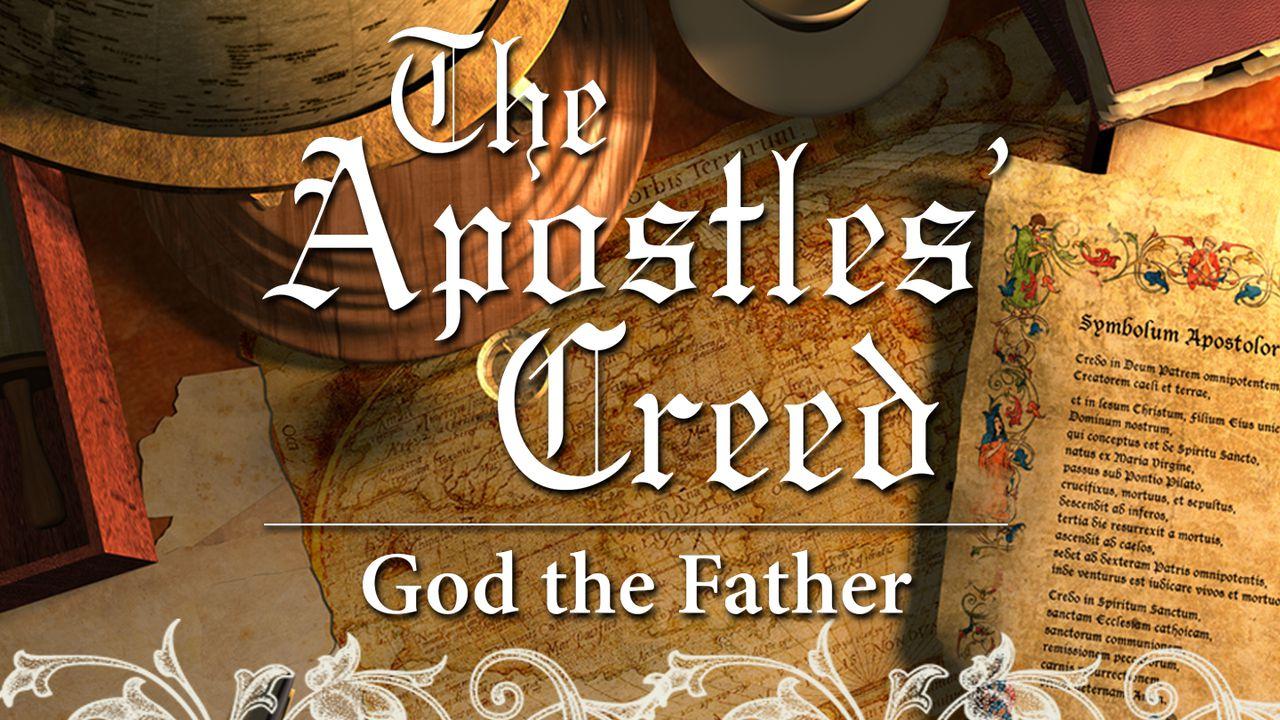The Apostles’ Creed: God The Father预览

Our Knowledge of God as Creator: Romans 1:20-23
As Scripture teaches, all people know deep down in their hearts that the universe could not possibly have come about without the hand of a divine creator. But in our sin, human beings do not naturally acknowledge the true God and credit him for these things. Instead, we attribute his work to other sources. Consider the way Paul talked about this in Romans 1:20-23:
Since the creation of the world God's invisible qualities — his eternal power and divine nature — have been clearly seen, being understood from what has been made, so that men are without excuse. For although they knew God, they neither glorified him as God nor gave thanks to him, but their thinking became futile and their foolish hearts were darkened... [They] exchanged the glory of the immortal God for images made to look like mortal man and birds and animals and reptiles (Romans 1:20-23).
According to Paul, the existence of the God of Scripture is obvious to everyone — it is clearly seen and understood. Paul even went so far as to say that human beings knew God through his self-revelation in creation. But we are so sinful that we refused to glorify him or to give him thanks. Instead, we exchanged his glory for false gods that we invented and worshiped in his place.
The Bible tells us that all men and women and children know God deep down in their hearts, in their minds, and in their consciences. But Romans 1 tells us that ever since Adam and Eve sinned, that we have turned in the depths of our hearts from worshiping the true God to worshiping idols or anything that’s created by God. And so the human heart is practically a factory, a source, the root of all kinds of idols. – Dr. Samuel Ling
Click here to watch The Apostles’ Creed: God the Father, lesson two in the series The Apostles' Creed . Biblical Education, For the World, For Free.
读经计划介绍

This reading plan addresses the basic idea of God, looking at some general things the Bible teaches about his existence and nature. It focuses on the phrase "Father Almighty," paying attention to some distinctive qualities of the first person of the Trinity. And it explores the Father's role as the Maker, or creator, of everything that exists.
More





